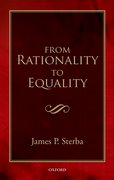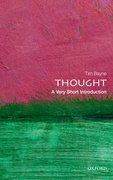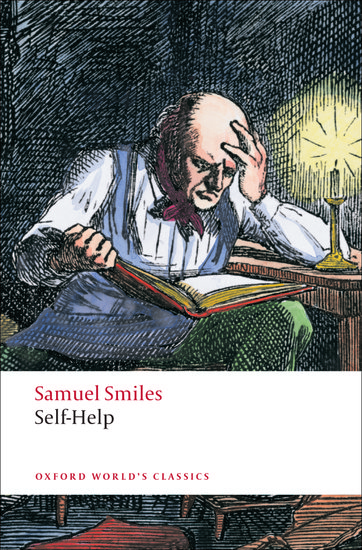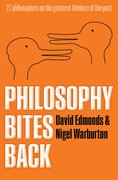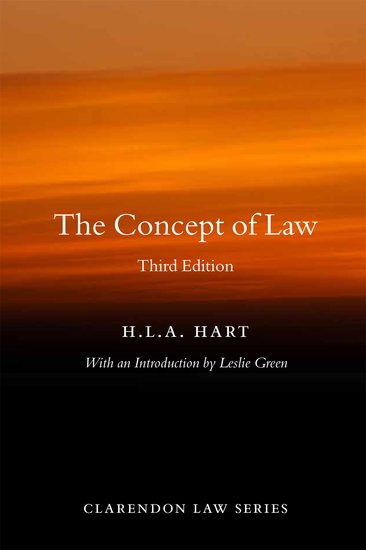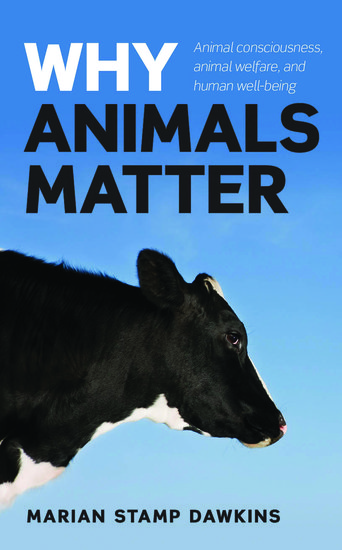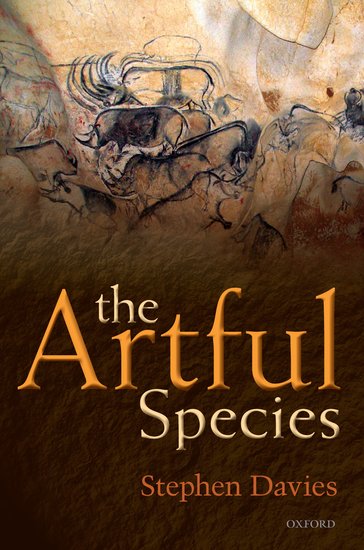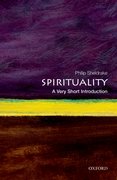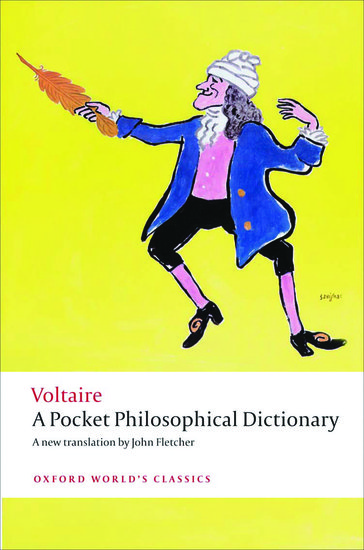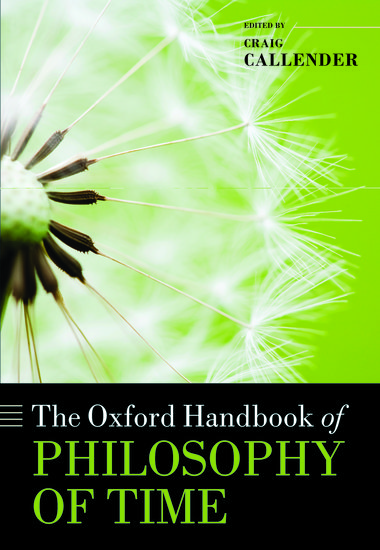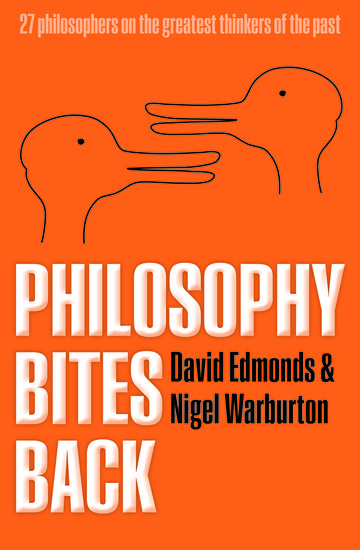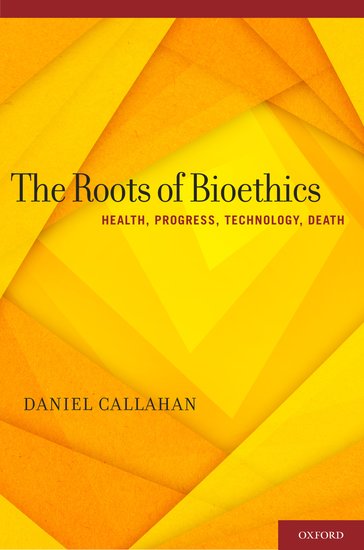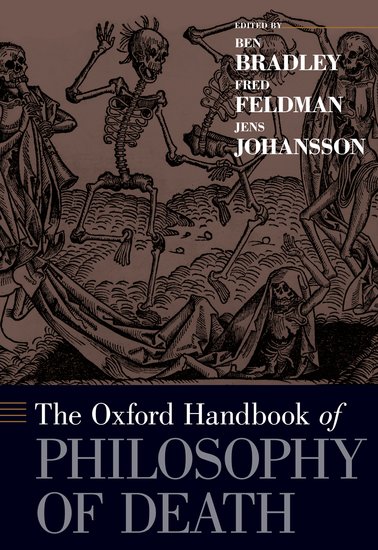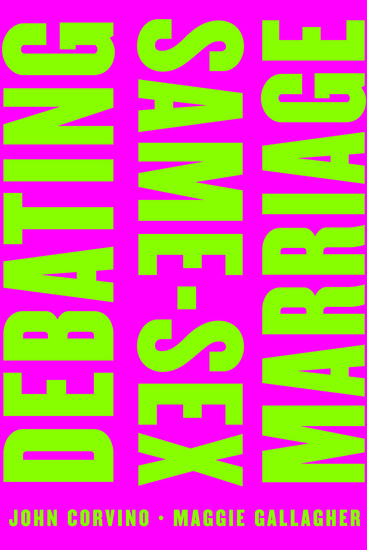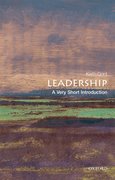Are the political ideals of liberty and equality compatible?
Are the political ideals of liberty and equality compatible? In this video, OUP author James P. Sterba of University of Notre Dame, joins Jan Narveson of University of Waterloo, to debate the practical requirements of a political ideal of liberty. Not only Narveson but the entire audience at the libertarian Cato Institute where this debate takes place is, in Sterba’s words, “hostile” to his argument that the ideal of liberty leads to (substantial) equality. Sterba goes on to further develop that argument in From Rationality to Equality.

